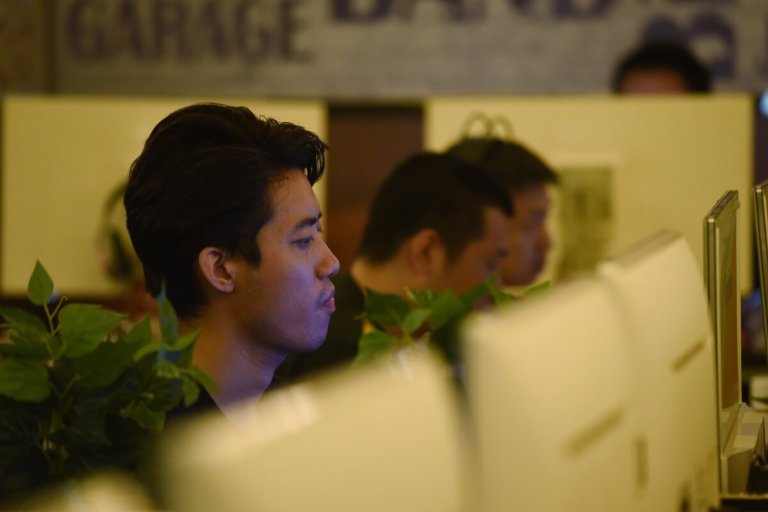
Many foreign websites are blocked in China. This is no secret to many, especially citizens; but for some Chinese students back home as their campuses shut due to COVID-19, they could be in for an unexpected shock when they sign into their classes virtually.
According to an analysis by the Harvard Law School’s Berkman Center for Internet and Society, several university websites are blocked in China for displaying or facilitating views contrary to the People Republic’s values. This covers pro-democratic political discussions and opposition against communism or the Communist Party of China, in particular.
The Chinese government’s strict internet limitations were flagged as an online learning challenge on Inside Higher Ed in April. Despite using virtual private networks (VPNs), students still face difficulty accessing learning materials on their university portal.
Foreign internet giants such as Facebook is banned in China. Even Google was shut down in 2010 after censorship disputes. Instead, Baidu is the country’s main search engine while Weibo and WeChat dominate social media.

China has domestic-owned alternatives to popular worldwide apps, including WeChat as the main messaging app over WhatsApp. Source: Martin Bureau/AFP
List of university websites blocked in China
The Chinese government blocked access to the Massachusetts Institute of Technology “mit.edu” domain as early as 2002. Harvard highlighted that MIT’s Electrical Engineering and Computer Science, Libraries, and alumni pages have been banned.
The reason? Speculations suggest it is to prevent Chinese users from reading or participating in “uncensored political discussions”.
Here are other university sites blocked in China:
- Columbia University
- Supercomputer Computations Research Institute, Florida State University
- The George Washington University
- The University of Arizona
- The University of Virginia
- US Army War College and Carlisle Barracks, also Center for Strategic Leadership, Military History Institute, Army Physical Fitness Research Institute, Parameters, and Strategic Studies Institute
The government has also banned several auxiliary university sites, including The Stanford Daily Online Edition and Wellesley College Library.

Paramilitary police officers stand guard in front of a poster of late communist leader Mao Zedong on a street south of the Great Hall of the People during the opening session of the National People’s Congress (NPC) in Beijing on May 22, 2020. Source: Greg Baker/AFP
Why are these websites banned?
Ben Edelman from the Berkman Center for Internet & Society told CBS News (also banned) that university sites that are blocked in China often host campus pro-democracy groups. In addition, MIT hosts scrambling software that sneaks e-mails past government censors.
Besides CBS, news outlets that report heavily on China’s disputes with Hong Kong or Taiwan are also blocked from Chinese citizens. This includes ABC and Reuters. Pro-democracy organisations such as Amnesty International USA are not welcome on China’s web too.
So if you are having trouble accessing any of the university websites above, now you know why. As higher education institutions are meant to be bastions of free speech — especially in the US — it’s no wonder many are banned in a country that stringently controls the information its citizens consume.
In fact, universities that have been censored by China often continue discourse and exploration of the matter to understand its implications in a digital future.
Over at Columbia University, the Center for Spatial Research has turned this ban into an interesting project. Jumping the Great Firewall “visualises censorship and online expression on the Twitter–like micro–blogging platform Weibo,” particularly posts uploaded and deleted in September 2013.
Liked this? Then you’ll love…
What is the future of Chinese students in Australia?
How China mastered the art of academic censorship







